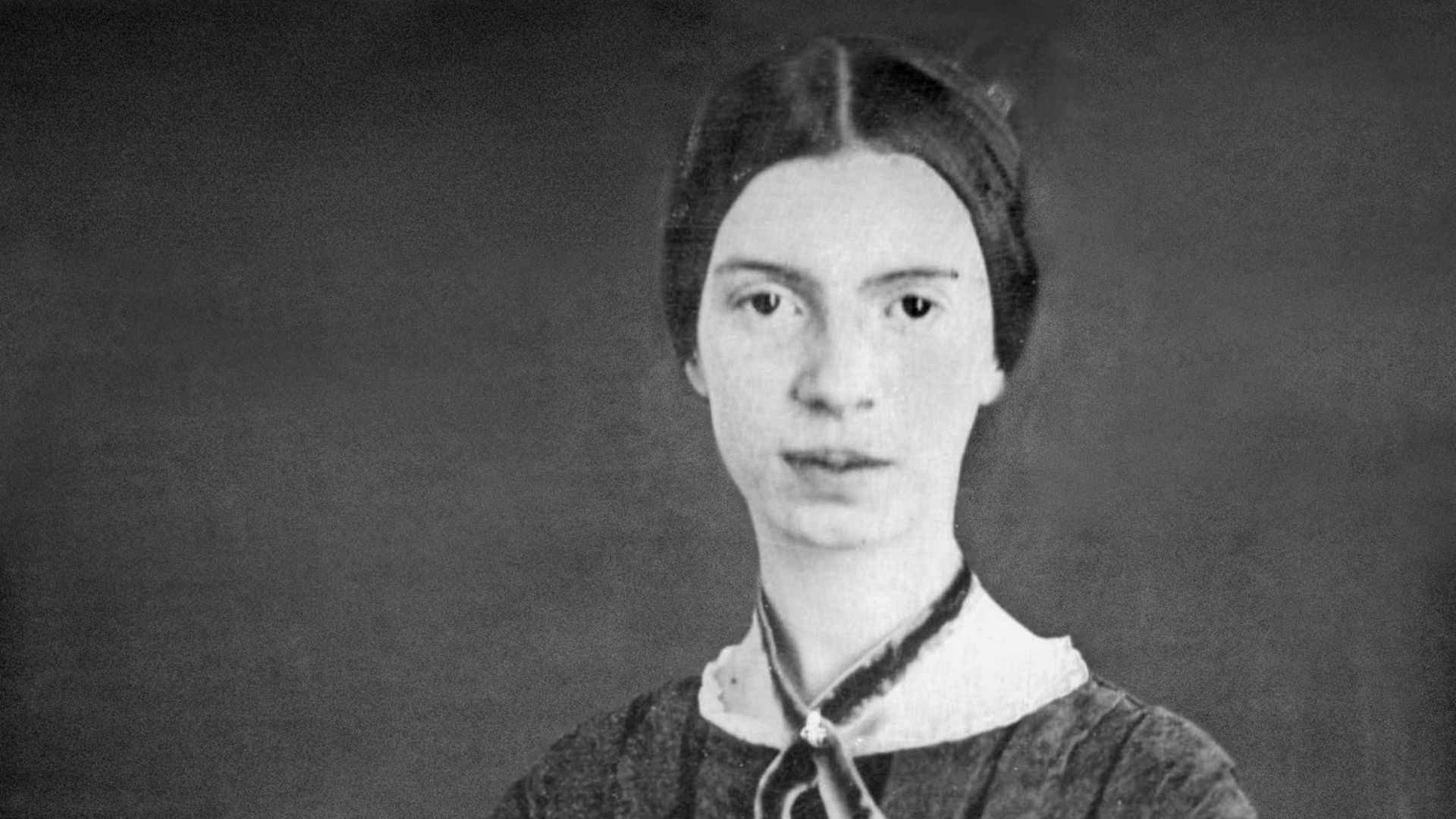Death Leaves Us Homesick, Who Behind Poem by Emily Dickinson
Death Leaves Us Homesick, Who Behind
Death leaves Us homesick, who behind,
Except that it is gone
Are ignorant of its Concern
As if it were not born.
Through all their former Places, we
Like Individuals go
Who something lost, the seeking for
Is all that's left them, now—
Again another stange yet evocative poem from the pen of Emily Dickenson painting with words deaths unconcern for the living. And yet again Mr Straw gives us a lecture just to show how clever he is without telling us how this poem makes him feel or not.
I love how emily makes death an actual uncaring being. He strips from us our cherished companions. We are left with the only thing death could not destroy; our memories.
She's expressing death on a multitude of levels I think, the first line is about loss while the next once deal with people who do not deal with death as if the consequences of someone loss is not their concern, in the end death makes us all companions of life, and if we are not born to deaths hold eventually we will.
When someone dies we are reminded paradoxically of our real home in heaven. And death itself means nothing to us, nor the things and memories the dead leave behind. We journey through life like individuals who have lost contact with the company they were with (and lost the paradise death once took from mankind) , and who have nothing now but to seek that salvation which will reunite them with those they have lost.
Fearness teaches us protecting policy not protesting policy!
I must agree with others in saying Emily sometimes writes in what appears to be riddles. In the first stanza here she mention's the word it several times and I'm left pondering the meaning.... Death? A friend who died? A home? Or place? Substituting these words brings little more sense than the word it. So admittedly this particular poem falls outside my understanding, I grew up reading Dickinson and understand most of her poems - mostly by understanding Emily herself. Emily lost several close friends to death and she wrote about death often, usually complaining that death has no regard for the living. So I'll assume this poem concurs with that pattern.
Reading Emily's poetry is so time like playing fill in the blanks. You know what sentence would mean, just need to find right words to connect. Not fond of cross word puzzles yet love her style and poems.
who behind, Except that it is gone... Just for such enlightened refraction of wisdom, we simply move fanatically encircling the poetry. Beautiful utterance, so lucid but so much penetrative. Fantastic, can't forget as we can never forget Elliot's...Who is the third beside you... just this just this........................................Pranab k c
This poem has not been translated into any other language yet.
I would like to translate this poem
I love how emily paints death as a uncaring being. He strips from us our cherished companions. We then are left with the only thing he could not take, our memories.